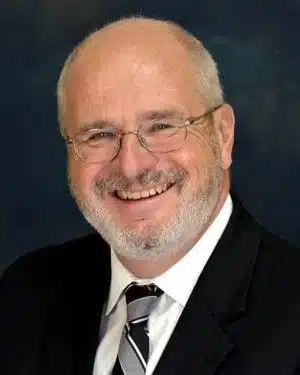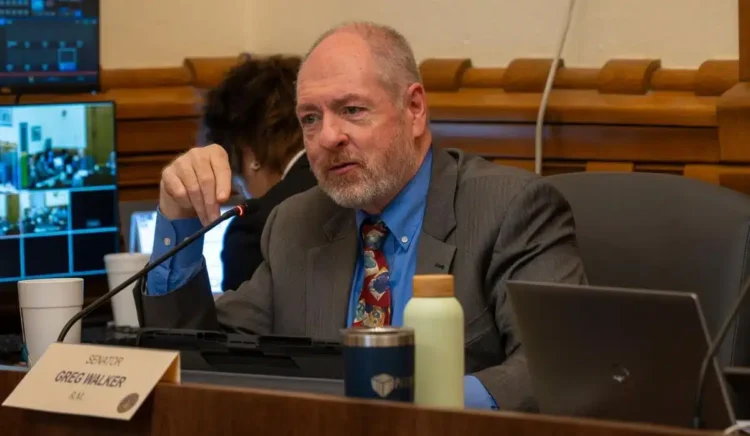Women want to be heard.
Women need to be heard.
Women deserve to be heard.
That’s the message I hear as I moderate a panel discussion at Indianapolis’ Central Library held by Women on a Mission, a group that pulled together many non-profits to create this forum.
On the stage with me are Destiny Wells, Jessica McClellan and ZeNai Brooks—the Democratic candidates for secretary of state, state treasurer and state auditor, respectively—and Dr. Katie McHugh, an obstetrician and gynecologist whose practice includes abortions.
The large audience consists mostly of women. The introductions of speakers make note of the fact that this is the first time in Indiana history that three women—one of them, Brooks, a Black woman—are on the ballot running for statewide office.
And Dr. McHugh has seen her life and practice turned upside down in the days since the U.S. Supreme Court issued the Dobbs decision, which overturned Roe V. Wade and stripped women of constitutional rights they’d possessed for nearly half a century.
The first questions I ask deal mostly with questions of civic education. I ask each candidate to describe the office she seeks and what its duties include.
Then the questions begin to roll in from the audience. They come written on index cards, scratched out in a hurry, the penmanship hinting at the levels of concern within the crowd.
Some of the scrawled queries reflect worry.
Some, fear.
Many, anger.
Perhaps the most pointed one fills the entire card. It asks if, given the current direction of things, legislation demanding women remove intrauterine devices—a form of birth control—could be coming next.
The question is grounded in fact.
In his opinion supporting the Roe overturn, Justice Clarence Thomas wrote that every other Supreme Court decision regarding privacy and personal autonomy—including those involving contraception and same-sex marriage—needed to be reconsidered.
I follow in the spirit of the audience member’s question by asking the panel what concerns them most about this moment in history.
The answer that comes back, in short, is: Everything.
McClellan notes that she’s married to a woman—as is, she says, McHugh. McClellan now worries that the right to marry the person she loves and wants to make her life with could be stripped from her and many, many other happily wed Hoosiers and Americans.
Wells, Brooks and McHugh amplify the theme, arguing that rights women thought they could take for granted now seem imperiled. Nothing seems to be off the table.
Again and again, they use the same phrase. They say women have been relegated to being “second-class citizens.”
As the women on stage talk, the women in the audience lean forward. Many of them sit with their hands clasped to the arms of their chairs, their whole beings focused on the arguments and stories coming from the women speaking.
A refrain flows through those stories and arguments.
The women on the stage make it clear they disagree with the substance of the Dobbs decision and all other attempts to deny women authority to make their own decisions. But there’s an undercurrent to their comments that intensifies their anger and resistance.
The fact that they had rights stripped away from them was an injury.
That they weren’t asked, consulted or even listened to afterward adds insult to that injury.
The reason the women on the stage are speaking out and running for office and the women in the audience gathered to hear them is that they refuse to be dismissed or ignored.
Their message is simple.
Women want to be heard.
Women need to be heard.
Women deserve to be heard.









